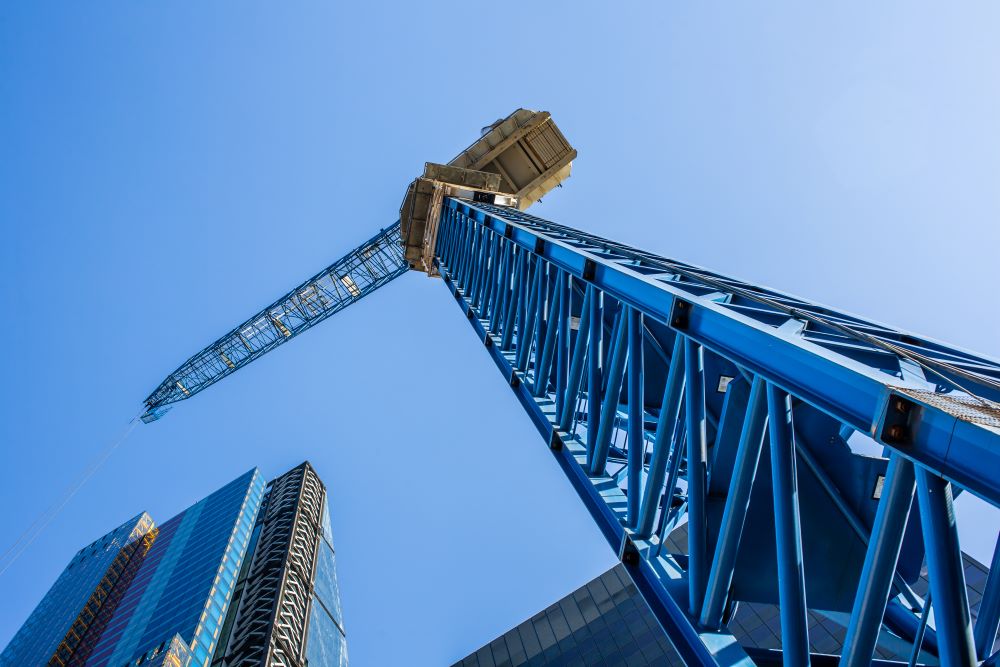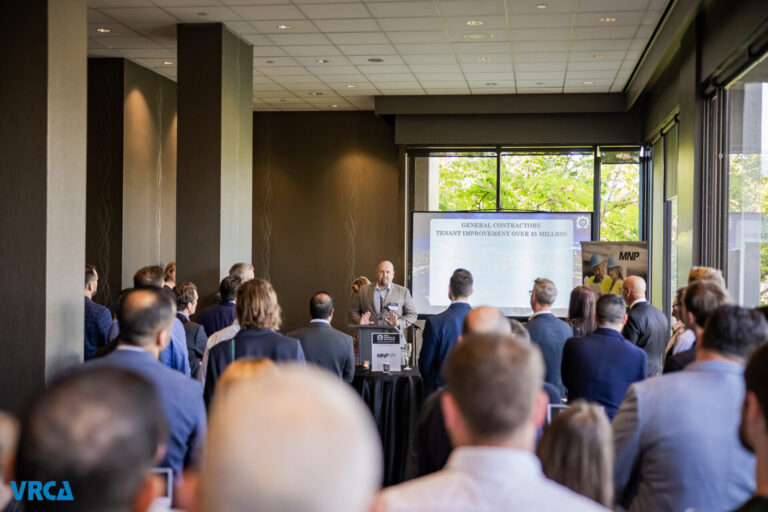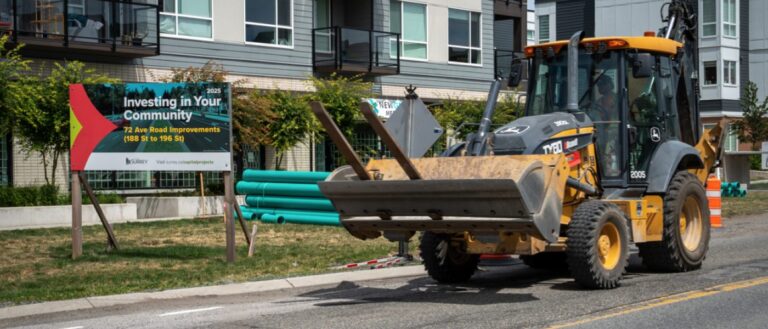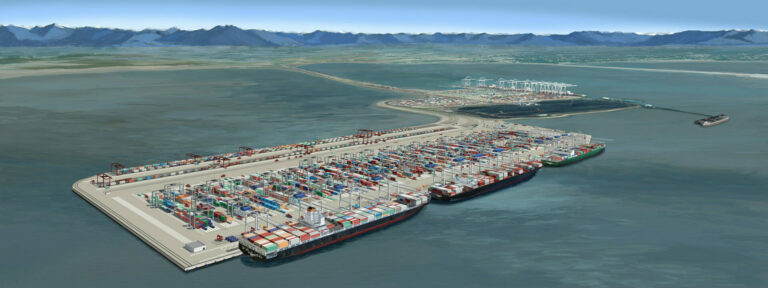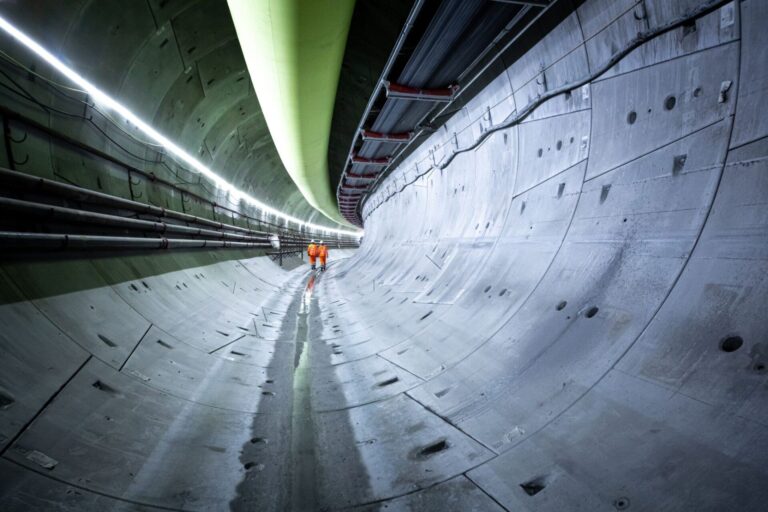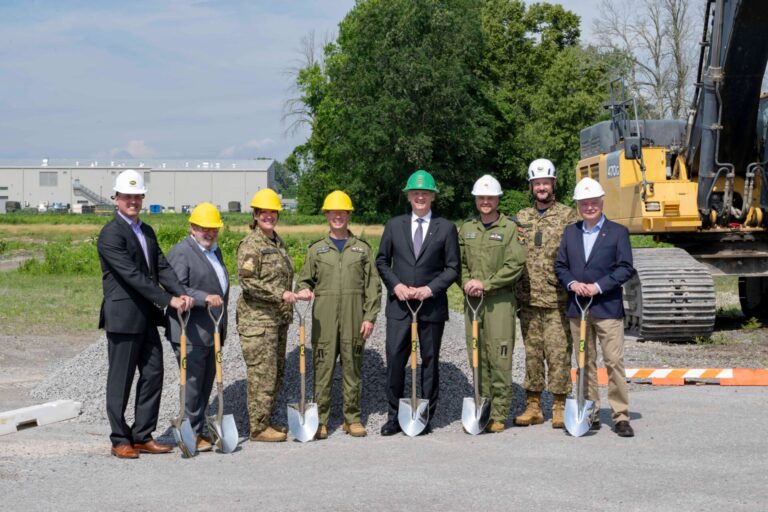WorkSafeBC is introducing a new risk-reduction strategy based on a comprehensive review of crane safety and informed by stakeholder input and feedback.
It says the risks associated with cranes in B.C. are increasing as more cranes are in operation than ever before, and this work is taking place on increasingly complex, multi-employer worksites.
In 2021, a tower crane collapse in Kelowna took the lives of five workers, and earlier this year, several crane-related incidents occurred, including a fatal incident at the Oakridge Park worksite that claimed the life of a worker.
In March of this year, WorkSafeBC brought together 130 crane-sector stakeholders, including labour representatives, tower crane operators, employers, prime contractors, rental companies, and the BC Association for Crane Safety to identify and address gaps in crane safety.
“Following a comprehensive review of crane safety, and informed by stakeholder input and feedback, we’ve developed a risk-reduction strategy with recommendations aimed at further improving tower crane safety in B.C.,” said Todd McDonald, Head of Prevention Services for WorkSafeBC.
Key recommendations include:
- Review the existing crane operator certification program to ensure it supports safe work.
- Explore how to improve the training and skills of supervisors, riggers and workers involved in the assembly, operation, disassembly or repositioning of cranes.
- Review options for employers responsible for the assembly, operation, disassembly or repositioning of tower cranes, including registration and licensing.
- Increase the staffing and capacity of WorkSafeBC’s specialized crane inspection team.
- Develop new regulations to address the frequency of tower crane inspections.
- Review and update the Occupational Health and Safety Regulation — including regulations related to cranes and rigging — to ensure they meet the needs of increasingly complex worksites.
- Ensure that the BC Association for Crane Safety is equipped to service and support workers and employers in the sector.
“Crane safety is a priority for WorkSafeBC,” said McDonald. “With a greater number of cranes operating in increasingly complex worksites, we need to ensure that employers provide the training, supervision and safe-work practices needed to keep workers safe in an evolving work environment.”
In the weeks ahead, WorkSafeBC will be discussing these recommendations with the B.C. Ministry of Labour, SkilledTradesBC and industry stakeholders, including labour, employers, and the BC Association for Crane Safety.
“The BC Association for Crane Safety is actively partnered with WorkSafeBC and its prevention team in support of the enhanced crane strategy, ensuring safe and effective crane, hoisting, and rigging operations throughout the province,” said Clinton Connell, Executive Director of the BC Association for Crane Safety.
WorkSafeBC is also continuing to implement changes already underway as part of its crane safety initiative, which aims to identify and eliminate unsafe work practices and equipment hazards that have the potential to cause death, serious injury and/or catastrophic equipment failure.
There are approximately 400 tower cranes operating in B.C. In 2023, WorkSafeBC’s Provincial Crane Inspection Team conducted 1,200 detailed inspections of cranes.

